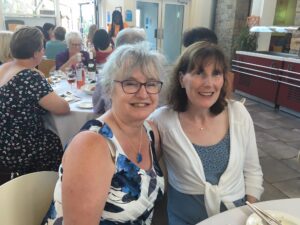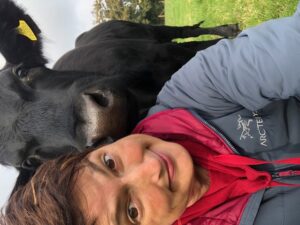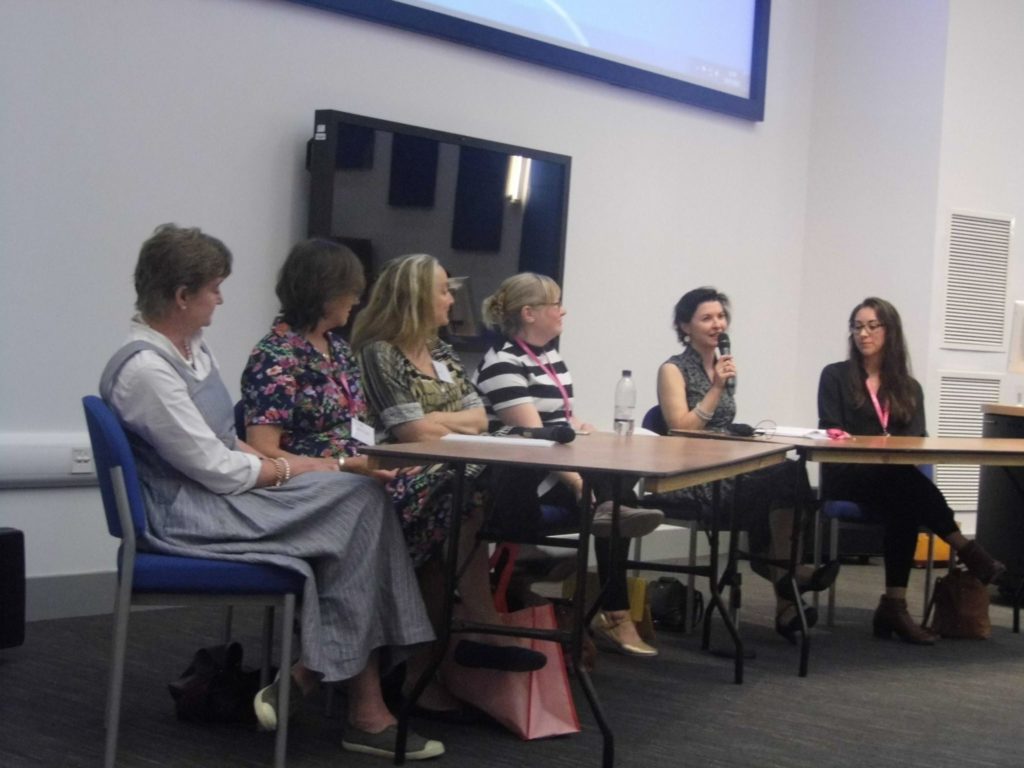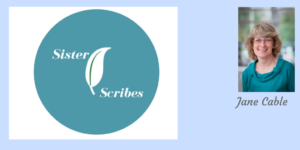 Since Susanna Bavin introduced Canadian romance author Jen Gilroy to us at a Romantic Novelists’ Association conference she has been an honorary Sister Scribe and it’s an absolute delight to welcome her to Frost.
Since Susanna Bavin introduced Canadian romance author Jen Gilroy to us at a Romantic Novelists’ Association conference she has been an honorary Sister Scribe and it’s an absolute delight to welcome her to Frost.
One of the questions I’m often asked when giving talks about writing relates to ‘voice’ and, specifically, how to find it.
For some writers, voice is instinctive. If you’re one of those fortunate people, this post likely isn’t for you!
However, for many others (me included) finding your ‘voice’ isn’t so straightforward.
First off, what is ‘voice?’
For me, it’s what makes one author’s fiction distinctive from that of another. At a superficial level, it relates to word choice, syntax and the mechanics of constructing a story.
Going deeper, though, voice reflects each author’s personal experience—the constellation of factors that make them who they are—as distinctive as their fingerprint.
Choose books by three favourite authors, set them side-by-side and consider the first few pages. Even if they write in the same genre, it’s likely that in only those early pages you’ll identify major differences in how the writer tells the story and makes you feel.
Those differences are rooted in voice and some authors have such distinctive voices that fans can often identify their work in only a short paragraph—without knowing the book’s title or author.
However, even if you know what ‘voice’ is and can identify it in other writers, how do you find yours?
For me, finding my voice was part of my writing apprenticeship and (as with many other parts of learning the craft) necessitated trial and error.
In the beginning, I sampled genres a bit like food at a tapas bar. From literary fiction through to young adult, historical and more, I tried writing in a number of different areas.
Yet, and like delicious tapas morsels, only one or two genres resonated enough for me to think I’d truly found my own ‘author voice.’
What does ‘voice’ feel like?
I liken my ‘voice’ to wearing my favourite pair of cosy slippers as I snuggle under a blanket by the fire on a cold winter night.
That ‘voice’ is drawn from the innermost part of myself and means I delve into emotions only I feel to express them on the page.
At first, that self-reflection was scary. With career in corporate and technical writing, I was so used to adopting a ‘corporate voice’ that I’d lost my own, and I’d also lost touch with the emotions that are the foundation of fiction.
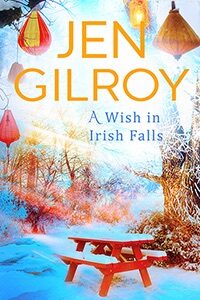 Yet, with practice and patience—and by reading and writing widely—I dug deep enough to get to that comfortable state of knowing when I was writing in my voice—and when I figured that out, the genres were obvious.
Yet, with practice and patience—and by reading and writing widely—I dug deep enough to get to that comfortable state of knowing when I was writing in my voice—and when I figured that out, the genres were obvious.
Long before I became a writer, romance and women’s fiction were the genres I read for hope, comfort, escape and more. Not surprisingly, those were also the books that fit my voice and when I started to write from the foundation of who I truly am, the words flowed.
Although finding my voice was one of the most difficult parts of my writing journey, it was also the most rewarding. And, perhaps most importantly, writing with the warmth and intuition that comes from the core of who I am is the most honest gift I can give.
Jen Gilroy writes romance and uplifting women’s fiction with happy, hopeful endings. She’s a wife and mum who calls England and Canada home and her latest release, A Wish in Irish Falls, is out now on Kindle (free with Kindle Unlimited).
Connect with Jen via her website: www.jengilroy.com

